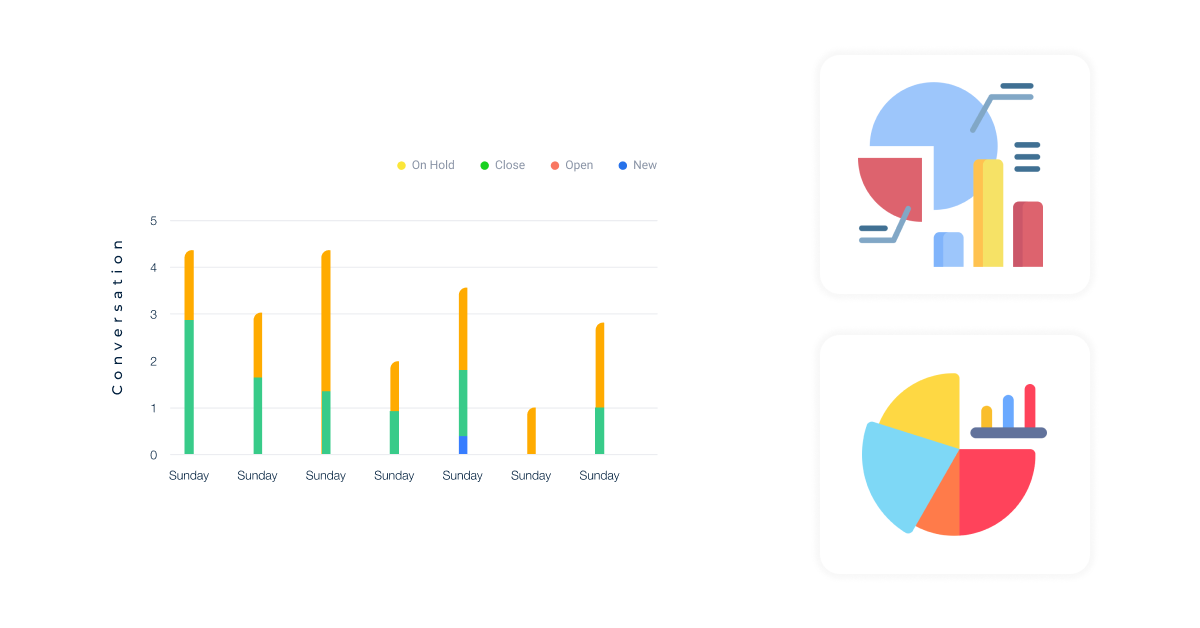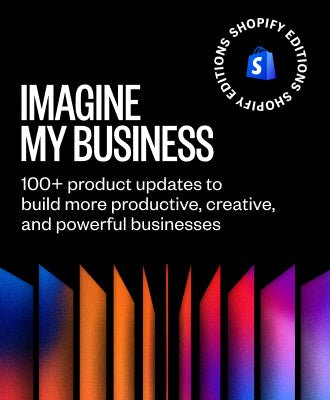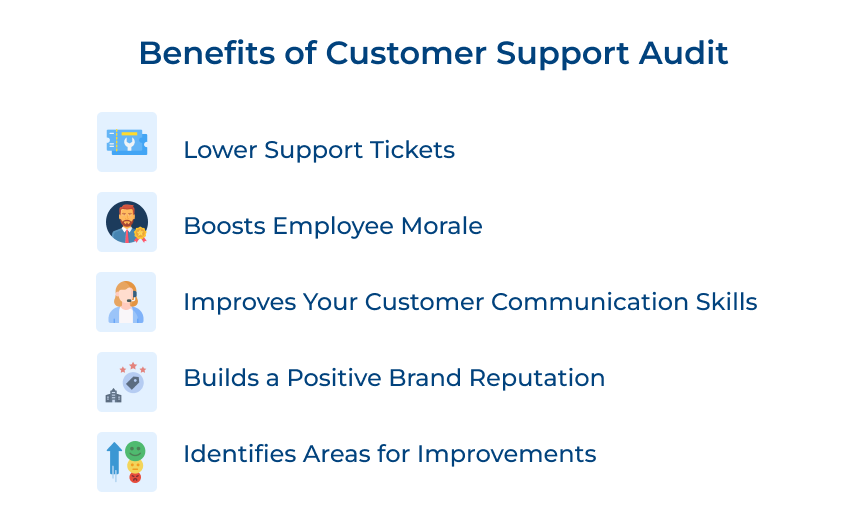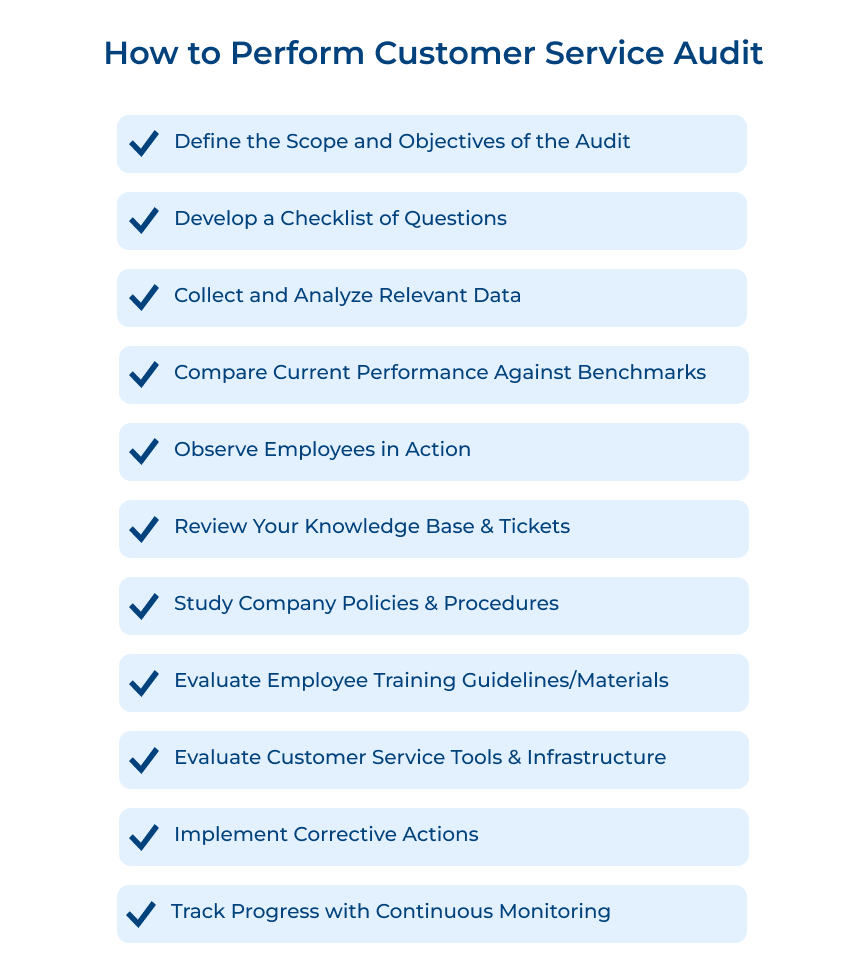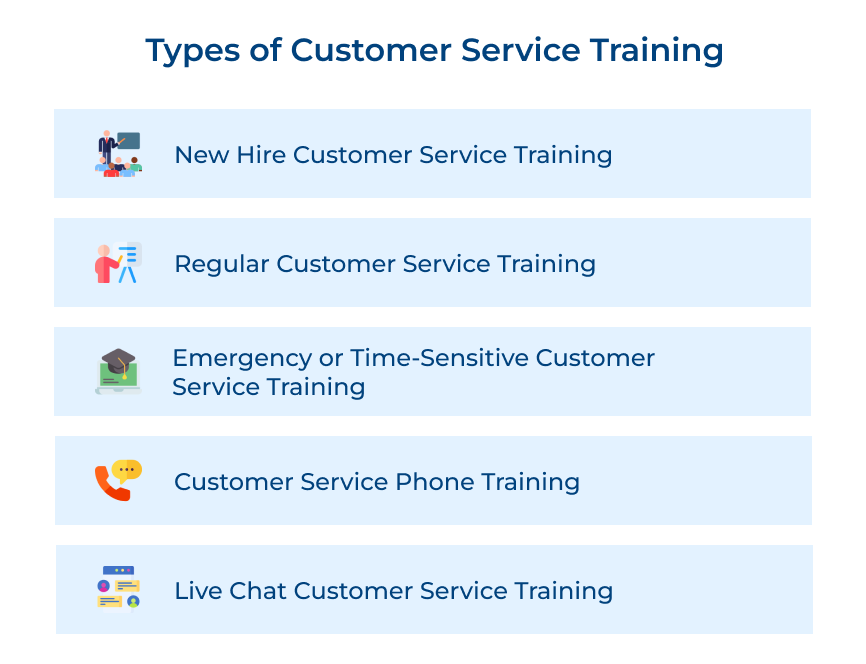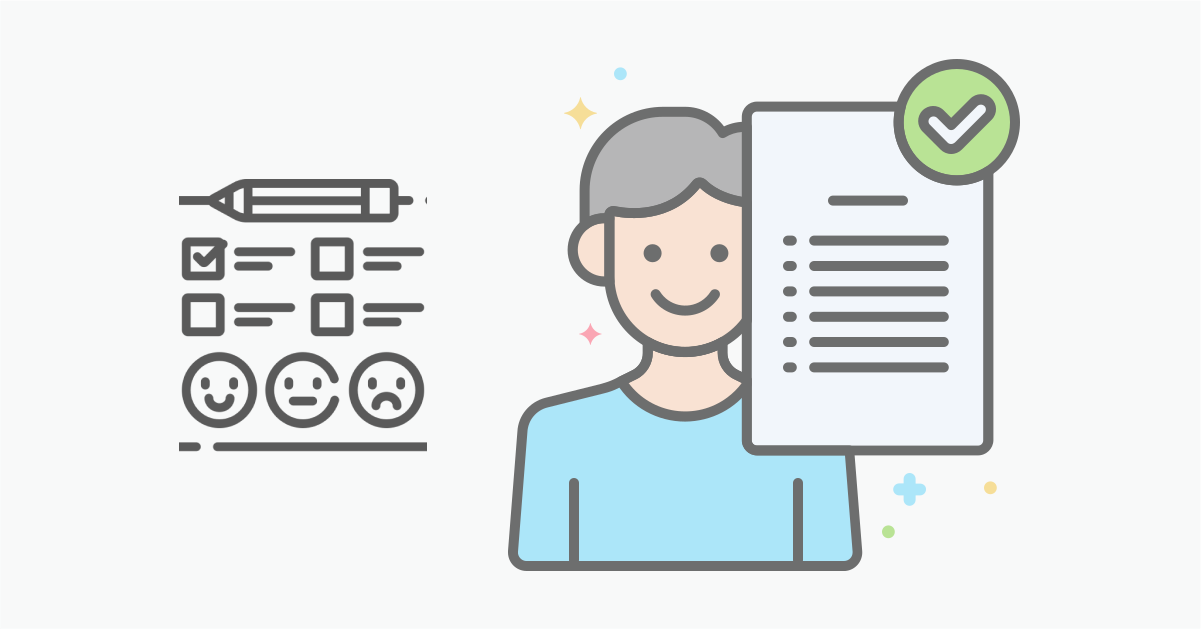1. Response time: How quickly does the customer service team respond to inquiries, complaints, or feedback?
2. Problem resolution rate: What is the percentage of issues that are resolved on the first call or interaction, without further escalation?
3. Customer satisfaction score (CSAT): What is the overall satisfaction rate of customers after their interactions with customer support representatives?
4. Net promoter score (NPS): How likely are customers to recommend your business to others based on their experience with customer support?
5. Employee training: How well-trained are customer service employees in addressing various issues and resolving them satisfactorily?
6. Professionalism: Are customer service representatives communicating professionally and courteously with customers at all times?
7. Quality of responses: Are responses from customer support detailed, accurate, and complete enough to address each issue successfully?
8. Customer retention rate: What is your business’s retention rate for customers after experiencing a problem?
9. Resolution time: How much time does it take for customer complaints or issues to be resolved from start to finish?
10. Accessibility: Are channels available for different types of requests- phone, email, social media messages, etc. So, all customers have a means of contacting you?
11. Proactive measures: Do your agents proactively identify potential problems and offer preemptive solutions as opposed to just reacting once clients reach out?
12. Customer complaint frequency: Do you have an excess amount of issues coming in? Addressing recurring problems might signal bigger underlying causes.
13. Ease of navigation: Do your communication pathways have inconveniences as compared to other businesses within similar industries, causing friction? It’s said that 32% of consumers stop doing business with brands they love after one bad experience.
14. Response updating mechanism: Is the software used able to provide updates on progress towards resolution, quickly showing how much time was taken by each agent over past conversations relating to a particular client?
15. Product integration and knowledge: If you get an inquiry about an installation that became confusing due to a contradictory instruction manual, will there be enough knowledge about other functionalities and integrations?
Notch up Your CX with an Effective Customer Service Audit
As businesses across the globe strive to provide excellent customer experiences, it becomes increasingly important to ensure that their customer support is both efficient and effective. One useful tool for achieving the goal is a customer support audit, which can help identify areas of improvement in a company’s customer service operations.
Conducting an effective customer support audit is vital for any business that values its customers and aims to provide top-notch experiences. Carefully assessing various aspects of its customer service operations gives the company valuable insights into how it can improve its services. Whether by performing mock calls or soliciting feedback from customers directly, there are several ways to conduct such an audit effectively.
